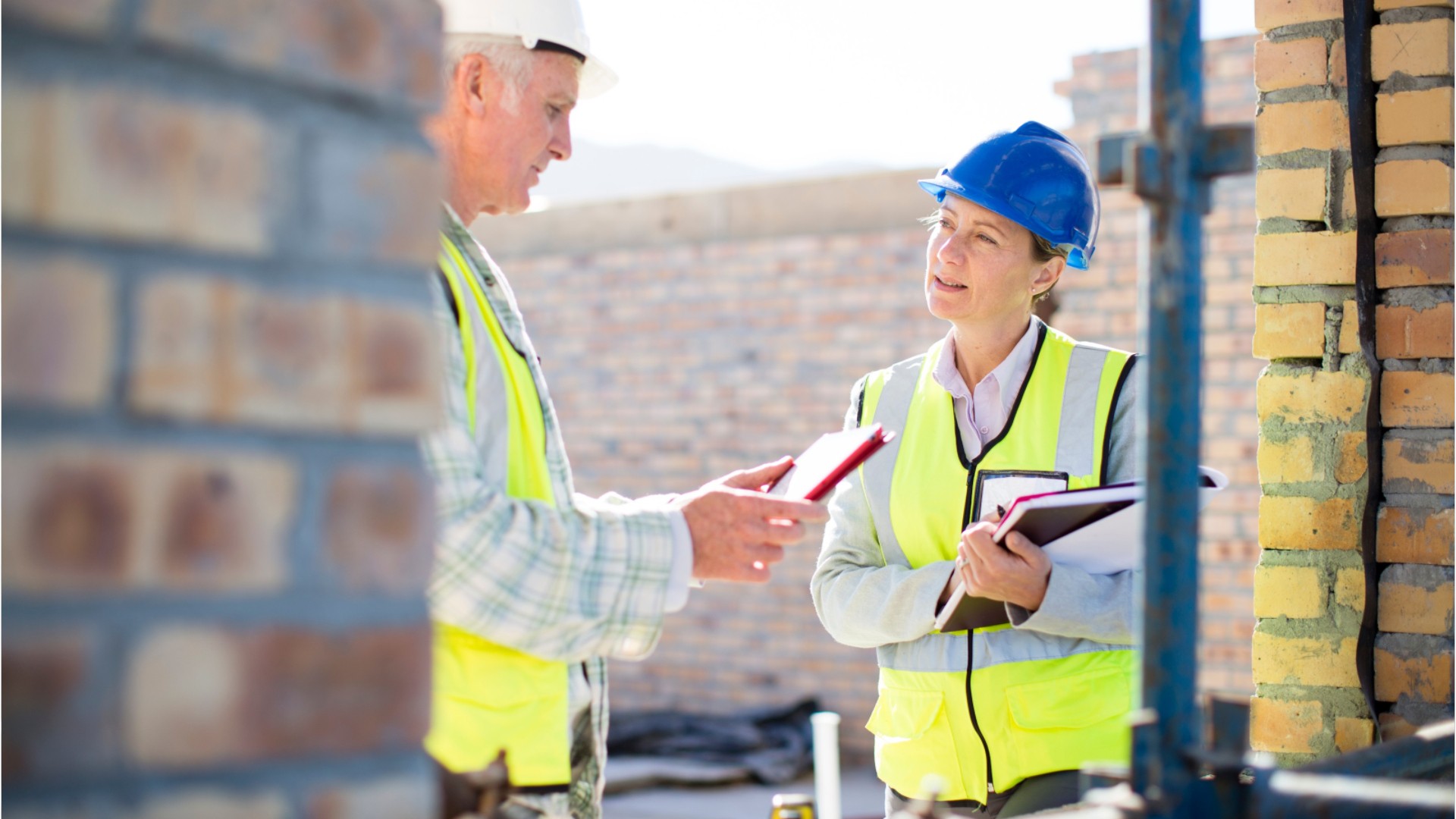Construction & Building Inspectors
Building Inspector, Building Official, Construction Inspector, Plumbing Inspector
 Select a military branch to see samples.
Select a military branch to see samples.
Civil Engineer; Civil Engineer, Bomber; Civil Engineer, Environmental Engineer; Civil Engineer, General Engineer; Civil Engineer, Readiness Engineer; Civil Engineer, Trainer; Electrical Systems Helper; Infrastructure Systems Superintendent; Structural Helper; Water and Fuel Systems Maintenance Craftsman
Bridge Crewmember; Combat Engineering Senior Sergeant; Construction Engineering Supervisor; Construction Engineering Technician; Engineer; Engineer Senior Sergeant; General Engineering Supervisor; Interior Electrician; Research and Engineering; Technical Engineer
Civil Engineering; Damage Controlman; Marine Safety Specialist Engineer; Material Maintenance Specialty
Combat Engineer Officer; Ground Safety Officer; Ground Safety Specialist; Utilities Chief; Utilities Officer; Water Support Technician
Advanced Builder; Assistant Public Works Officer; Commanding Officer, Naval Construction Forces; Construction Inspector; Executive Officer, Naval Construction Forces; Facilities Engineering Officer; Mobile Utilities Support Equipment (MUSE) Technician; Officer in Charge, Naval Construction Battalion Unit; Public Works Officer; Shipboard Elevator Mechanical Maintenance
No similar titles were found.
What they do:
Inspect structures using engineering skills to determine structural soundness and compliance with specifications, building codes, and other regulations. Inspections may be general in nature or may be limited to a specific area, such as electrical systems or plumbing.
On the job, you would:
- Monitor installation of plumbing, wiring, equipment, or appliances to ensure that installation is performed properly and is in compliance with applicable regulations.
- Approve building plans that meet required specifications.
- Inspect and monitor construction sites to ensure adherence to safety standards, building codes, or specifications.
Knowledge
Engineering and Technology
- building and construction
- product and service development
Business
- customer service
- management
Math and Science
- arithmetic, algebra, geometry, calculus, or statistics
Arts and Humanities
- English language
Skills
Basic Skills
- listening to others, not interrupting, and asking good questions
- reading work related information
Problem Solving
- noticing a problem and figuring out the best way to solve it
People and Technology Systems
- thinking about the pros and cons of different options and picking the best one
- measuring how well a system is working and how to improve it
Abilities
Verbal
- communicate by speaking
- listen and understand what people say
Ideas and Logic
- notice when problems happen
- make general rules or come up with answers from lots of detailed information
Visual Understanding
- see hidden patterns
- quickly compare groups of letters, numbers, pictures, or other things
Personality
People interested in this work like activities that include practical, hands-on problems and solutions.
They do well at jobs that need:
- Attention to Detail
- Dependability
- Integrity
- Self Control
- Cooperation
- Analytical Thinking
Technology
You might use software like this on the job:
Word processing software
- Inspection Depot Home Guide System
- Microsoft Word
Presentation software
- Microsoft PowerPoint
Electronic mail software
- Email software
- Microsoft Outlook
Education
Education: (rated 3 of 5)
certificate after high school or
high school diploma/GED
usually needed
high school diploma/GED
usually needed
Job Outlook
Below Average
New job opportunities are less likely in the future.
Explore More
- Aviation Inspectors
- Civil Engineering Technologists & Technicians
- First-Line Supervisors of Construction Trades & Extraction Workers
- Government Property Inspectors & Investigators
- Transportation Vehicle, Equipment & Systems Inspectors
You might like a career in one of these industries:
See more details at O*NET OnLine about construction and building inspectors.






